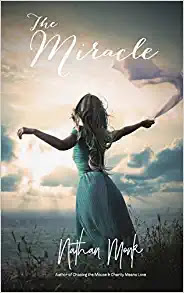Most folks are aware that there are not nearly enough Covid19 vaccines to go around at this time. So they are being parceled out. A need-based system has been set, placing first priority on healthcare workers. Which is essential. But in terms of divvying up the precious supply, there are the haves and the not-haves, or at least, those who don't have so much.
Such was and is the case in metropolitan Washington, DC. A predominantly African-American city, which very much provides the lifes blood for the surrounding counties in Virginia and Maryland, with majority white populations, the District often seems to come up short. The distribution is based on population, so when vaccines were distributed for healthcare workers in that city, only 7,000 does went out in the first round. Virginia and Maryland each received hundreds of thousands of doses.
The governors of Virginia and Maryland both recognized that many folks who work in the District at hospitals and healthcare facilities there, live in their states. So both of them determined it only made sense to pass along some of their allocations. As Governor Northam of Virginia said, "It's the thing to do for Virginians and for the region." (News Press, 12-20-2020, 31A)
For the region. That is how we all need to begin thinking. What's best for all of us. What's equitable for all? My parents used to say, "Equal doesn't mean the same." I think they were really speaking about equity. Where there is the greatest need, there should go the greatest number of resources
A strange tale for Christmas, most assuredly, this tale of metro Washington and the vaccines, but then, this is a strange Christmas in a strange year.
Might the New Year bring vaccines and blessings to each and everyone!































